Reading recommendations from your Harvard Chan deans and department chairs
Michelle Williams, Dean of the Faculty, recommends…
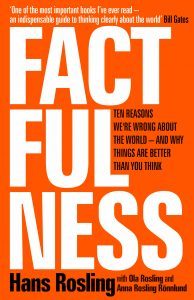
Factfulness: Ten Reasons We’re Wrong About the World–and Why Things Are Better Than You Think
By Hans Rosling, Ola Rosling, and Anna Rosling Rönnlund
“Delightful book, well written with particularly cool infographics that make the information ‘sticky.’ Dr. Rosling and his coauthors cleverly debunk overly simplistic notions of existence in ‘developed’ and ‘developing’ countries. A must-read for all, particularly for those of us in public health.”
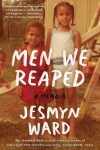 Men we Reaped: A Memoir
Men we Reaped: A Memoir
By Jesmyn Ward
“Lyrically written personal narrative that goes beyond the statistics and places a human face on the devastating consequences of racism and poverty on the lives of people in a small town in Mississippi. Ward’s writing, though beautiful, offers heavyweight punches to the mind, heart, and gut that effectively communicate the public health consequences of inequality.”
Nancy Turnbull, Senior Associate Dean for Professional Education, recommends…
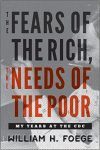 The Fears of the Rich, The Needs of the Poor
The Fears of the Rich, The Needs of the Poor
By William Foege
“The fascinating story of the development of the Centers for Disease Control by this former CDC head and living public health legend.”
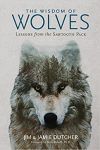 The Wisdom of Wolves: Lessons from the Sawtooth Pack
The Wisdom of Wolves: Lessons from the Sawtooth Pack
By Jim and Jamie Dutcher
“This book is about the reintroduction of wolves into Yellowstone National Park and what we humans can learn from these marvelous creatures.”
 Jane Eyre
Jane Eyre
By Charlotte Bronte
“Because I keep trying to figure out why she falls for Mr. Rochester.”
Kimberly A. Truong, Director of Inclusion Programs, recommends…
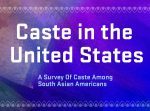 Caste in the United States: A Survey of Caste Among South Asian Americans
Caste in the United States: A Survey of Caste Among South Asian Americans
A report by Equality Labs
“I just finished reading the Caste in the United States report by Equality Labs for my own education about how South Asians experience oppression in intersectional ways based on caste.”
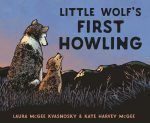 Little Wolf’s First Howling
Little Wolf’s First Howling
By Laura McGee Kvasnosky and Kate Harvey McGee
“I just finished reading this with my toddler. It helped me to think more critically about knowledge production (who possesses knowledge and can disseminate it).”
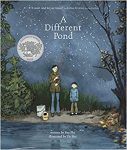 A Different Pond
A Different Pond
By Bao Phi and Thi Bui
“She and I also revisit A Different Pond and have had conversations about poverty, racism, linguicism, war, loss, hope, family, and Vietnamese culture.”
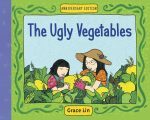 The Ugly Vegetables
The Ugly Vegetables
By Grace Lin
“Last week, we attended the opening reception for From Pencil to Page: Sketches and Illustrations by Grace Lin at the Pao Arts Center and watched a performance of Ugly Vegetables. I feel like all of these readings are related to the work that I do on equity, diversity, and inclusion both inside the institution and beyond its walls and am thankful for the opportunity to engage in these readings.”
Margaret E. Kruk, Associate Professor of Global Health, recommends…

Exploring the Dangerous Trades – The Autobiography of Alice Hamilton
By Alice Hamilton, M.D.; illustrations by Norah Hamilton
“Dr. Alice Hamilton, a physician and epidemiologist working in the early 1900s, was a pioneer in more ways than one. She was one of America’s first occupational health specialists, the first woman on Harvard’s faculty, and a relentless and passionate advocate for immigrants and the poor working in dangerous jobs. She successfully pushed for safer working conditions and lower lead levels in manufacturing. All this in an era where there were few women in medicine and research and few people willing to challenge industry.”
 Manhattan Beach – A Novel
Manhattan Beach – A Novel
By Jennifer Egan
“This suspense-filled tale of a young woman diver in World War II New York is about many things, but for me the most poignant themes is the enduring bond between fathers and daughters.”
John E. McDonough, Director of the Center for Executive and Continuing Professional Education, recommends…
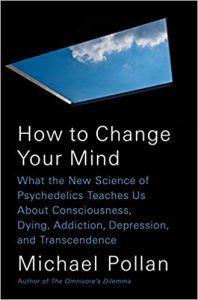 How to Change Your Mind: What the New Science of Psychedelics Teaches Us About Consciousness, Dying, Addiction, Depression, and Transcendence
How to Change Your Mind: What the New Science of Psychedelics Teaches Us About Consciousness, Dying, Addiction, Depression, and Transcendence
By Michael Pollan
“This NYT best seller provides the history, science, sociology, and experience of LSD, mushrooms, and other psychedelics that were banned in the 1960s and are now — based on hard science — making a comeback to address addiction, chronic disease, mental illness, and much more. Mind bending — and that’s no exaggeration.”
Betty Johnson, Assistant Dean for Faculty and Staff Diversity, Development and Leadership, recommends…
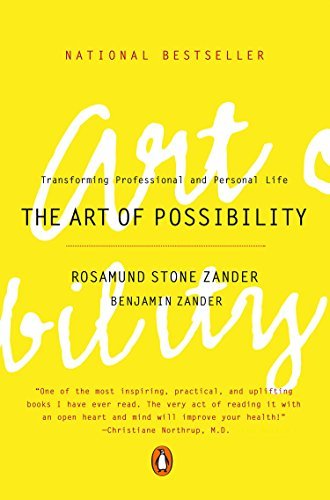 The Art of Possibility: Transforming Professional and Personal Life
The Art of Possibility: Transforming Professional and Personal Life
By Benjamin Zander and Rosamund Stone Zander
“Everything in life is an invention. If you choose to look at your life in a new way, then suddenly your problems fade away. One of the best ways to do this is to focus on the possibilities surrounding you in any situation rather than slipping into the default mode of measuring and comparing your life to others.”
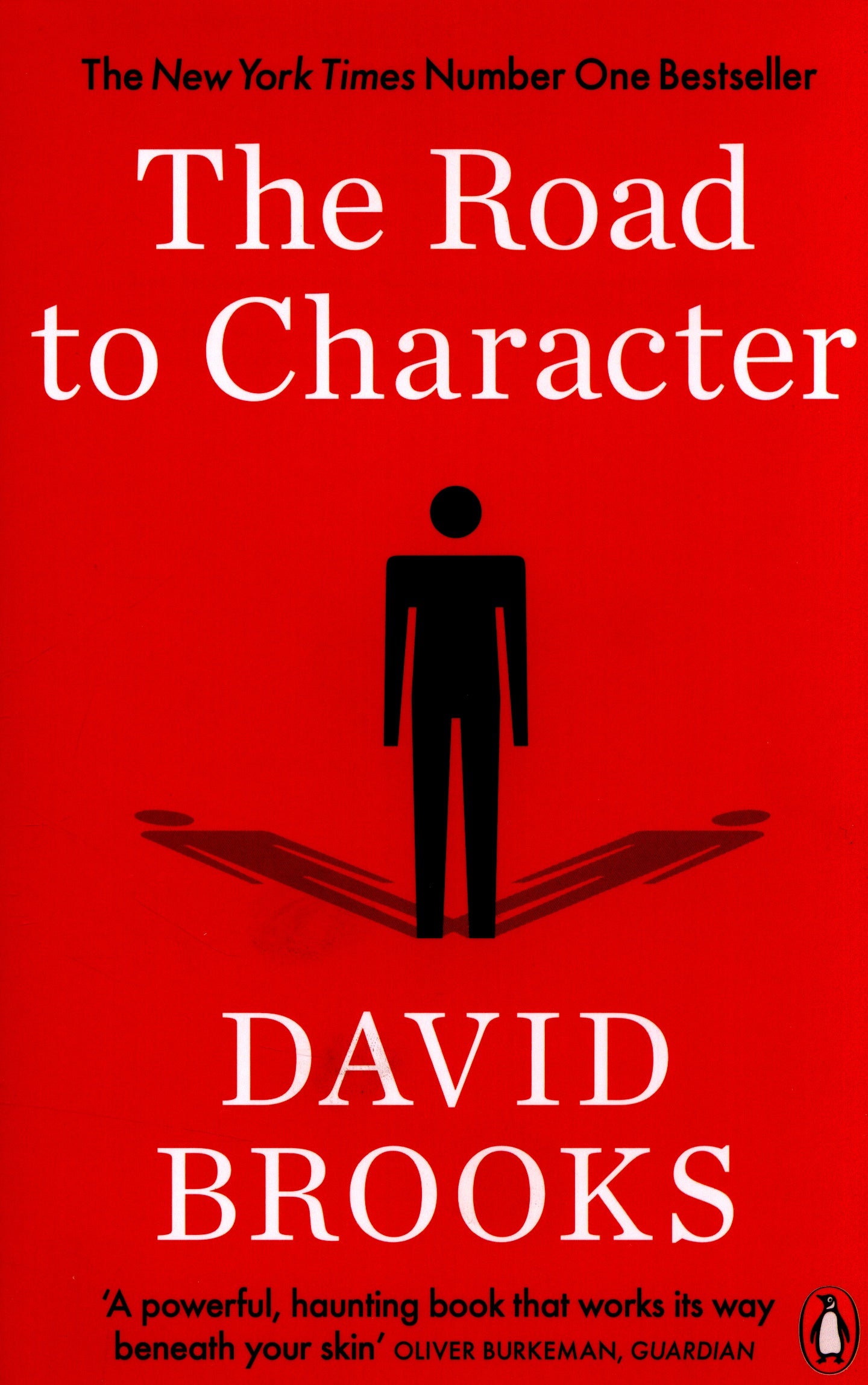 The Road to Character
The Road to Character
By David Brooks
“David Brooks contends that our modern culture has lost its way in terms of teaching new generations the path to building character. Using data gathered from polls and psychological research, the author makes the case that people are more isolated, more self-absorbed, and less able to engage in moral reasoning than generations past. In addition, the author describes the moral tales of several important historical figures drawn from memoirs, journals and public records. He shows how these people developed strong character through embracing the qualities of humility, self-discipline, and moral realism, and suggests that the road map to building character is in the willingness to engage in the struggle between our virtues and vices towards the goal of living a more moral life.”



